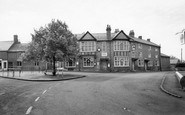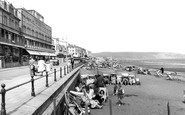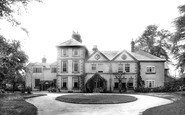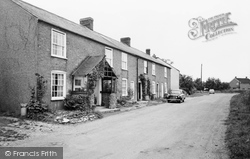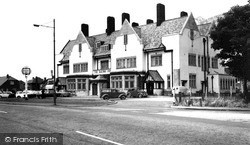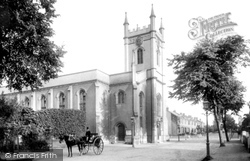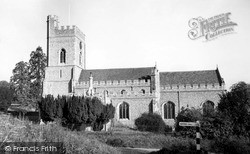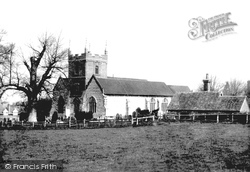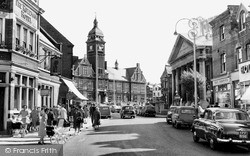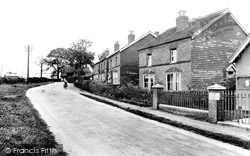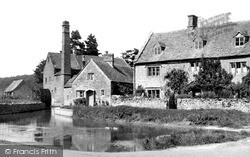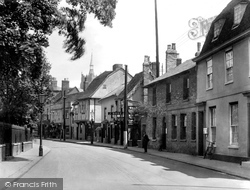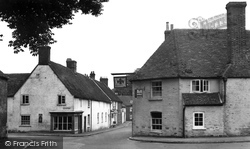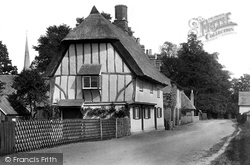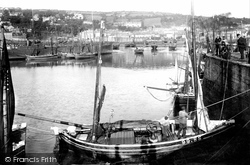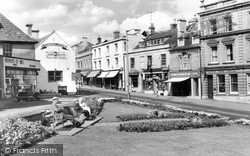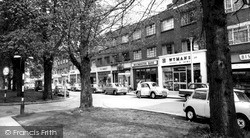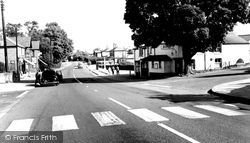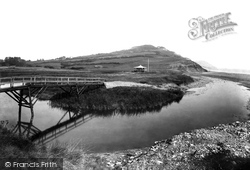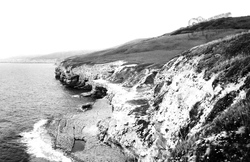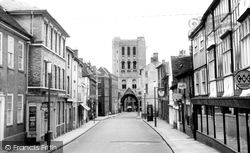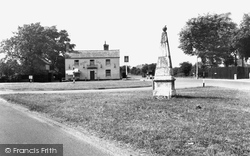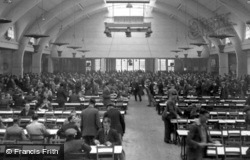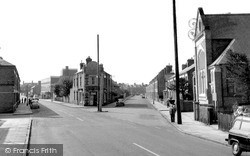Places
Sorry, no places were found that related to your search.
Photos
Sorry, no photos were found that related to your search.
Maps
Sorry, no maps were found that related to your search.
Books
Sorry, no books were found that related to your search.
Memories
655 memories found. Showing results 51 to 60.
Gorse Hill
Please can anyone remember if there was a house that sat on the side of Christie Road and the canal? All I can remember was that it was a big red-bricked 4-storey house the you could see from the main road? I believe that this house was ...Read more
A memory of Stretford in 1970 by
The Nag''s Head
One didn't have to travel to London in the past to watch pro bands plying their trade. The Nag's Head public house was a much attended venue during the late 1960s and early 1970s for watching many of the (what was then known as) ...Read more
A memory of Wollaston in 1969 by
Fluids Lane
I moved to Oadby in 1969 as a 9 year old. I also remember many happy days playing along Fluids Lane, in the stream, building and breaking down dams, going into the fields, scrumping and getting caught on more than one occasion. Such a shame it is no longer the same.
A memory of Oadby in 1969 by
Paradise
1969 wasn't my first visit to Blackwaterfoot, that was two years earlier, but it was probably the year I fell in love with the place. We stayed at The Rock Hotel, and I was 12 at the time. It was a small establishment, probably ...Read more
A memory of Blackwaterfoot in 1969 by
Sandown Youth Hostel
It was 1969 and I had just come down from Manchester and was staying once more in my family home in Hatch End. My parents suggested that I took my younger brother away for a break following his "O" Levels so we set off for a ...Read more
A memory of Sandown in 1969 by
St Bede's School
Wolseley Bridge has some memories for me going back to late 1968 and throughout 1969 as I was a pupil at St Bede’s School in nearby Bishton Hall. My mother was matron at the time and as we were mother and son (father died in ...Read more
A memory of Wolseley Plain in 1969 by
Great Times
In the late 1960s and early 1970s I stayed here for my school hols, my grandmother worked for Mr and Mrs Bodd who were the owners at the time. My grandparants lived in part of the house round the side which in itsself was large. ...Read more
A memory of Nether Alderley in 1969 by
The Green
My earliest memory, is going to look at The Green, on the High Street in Fowlmere. It was in a poor state and the ceiling in the kitchen had collapsed. My father, had built a house in the village called Mere Place on Rectory Lane, so ...Read more
A memory of Fowlmere in 1969
Childhood Memories
I remember when I was just a young teenager... you could roam around the village and just about everyone knew you. I loved to wander down to Mill Stream Lane with my jam jar and fishing net and walk along the stream ...Read more
A memory of Watton at Stone in 1968 by
Kilcreggan Memories
My aunt and uncle lived in Windward House on Shore Road, Kilcreggan, during the 1960s and early 1970s. My uncle was deputy headmaster at Greenock High School and travelled over to school every day on Ritchies' Ferries or the ...Read more
A memory of Kilcreggan in 1968 by
Captions
405 captions found. Showing results 121 to 144.
Outside the row of terraced cottages at Breachwood Green near Hitchin stands a pristine Ford 100E model. In front of one of these houses stood the community's well.
This pub should technically be called The New Railway Inn, because it stands on the site of a former inn of the same name.
The most striking change between this view and the 1903 view in image 49238 is the splendidly ornate bank building which replaced the two buildings beyond Patterson's.
South Road became so dominant that it altered the character and subsequent development of other areas within the town such as Commercial Square, Boltro Road, and the Broadway.
Mrs Hitchman, widow of Dr Hitchman, donated the site for this church together with a large sum of money.
There has been a church at Watton at Stone since the 13th century. It was originally dedicated to St Mary, but St Andrew seems to have been added in the early 19th century.
The bold square brick tower was built onto a 13th-century base c1656 after an earlier tower had collapsed.
Looking towards the Town Hall It is a busy summer's day in the 1960s.
A small village at the western edge of St Leonards Forest, on the main road and railway line between Horsham and Crawley. Local legends say that dragons and serpents inhabited the forest.
A water mill has stood here since Norman times, but this red brick corn mill dates from the early 1800s.
The name Trinity was chosen to indicate the group's opposition to Unitarian non-Trinitarian doctrine.
We are looking northwards towards the Square (centre), with 18th-century brick and tile houses on both sides of Wimborne Street.
It is sometimes almost unbelievable when we realise how much of our heritage has been destroyed during the past century.
Putting ashore the catch is a perennial attraction for bystanders on any jetty. These, judging by the smartness of their dress (complete with pocket handkerchief), are clearly not fishermen.
The Lloyds Bank building (right), originally a pair of attached houses, was built about 1870 before the decorative façade was added in two stages.
With the arrival of the Piccadilly Line came an influx of commuters, and with this influx came the promise of commercial profits.
While not obvious from this photograph, Gresford is most famous for the tragic mining disaster of 1934 when 266 lives were lost following an explosion and fire at the Gresford Colliery.
We are looking eastwards from the blocked mouth of the River Char, which ends its journey to the sea by having to break through a ridge of shingle (right).
Romantically named for the sea breaking across its rocks, Dancing Ledge is a mile south of Langton Matravers village.
On the right are the Edwardian buildings occupied by Marlow's from 1925 to 1975, Watson's Post Office and the Queens Head.
A few hundred yards along the present B1514 road past the turning to Pepys House, the road forks at the roundabout where the main road runs eastwards towards the A14 and the left road takes us
This was in the early phase of its transformation, mainly by the medium of brick. The
The canteen resembles a cave, but in its heyday there was far from savage fare to be had here! In the 1930s there were 3 lunch sittings, and it was routine to have 2 pints at the bar.
These red brick terraces were built to house the employees of hosiery and shoe manufacturers at the turn of the century.
Places (0)
Photos (0)
Memories (655)
Books (0)
Maps (0)



